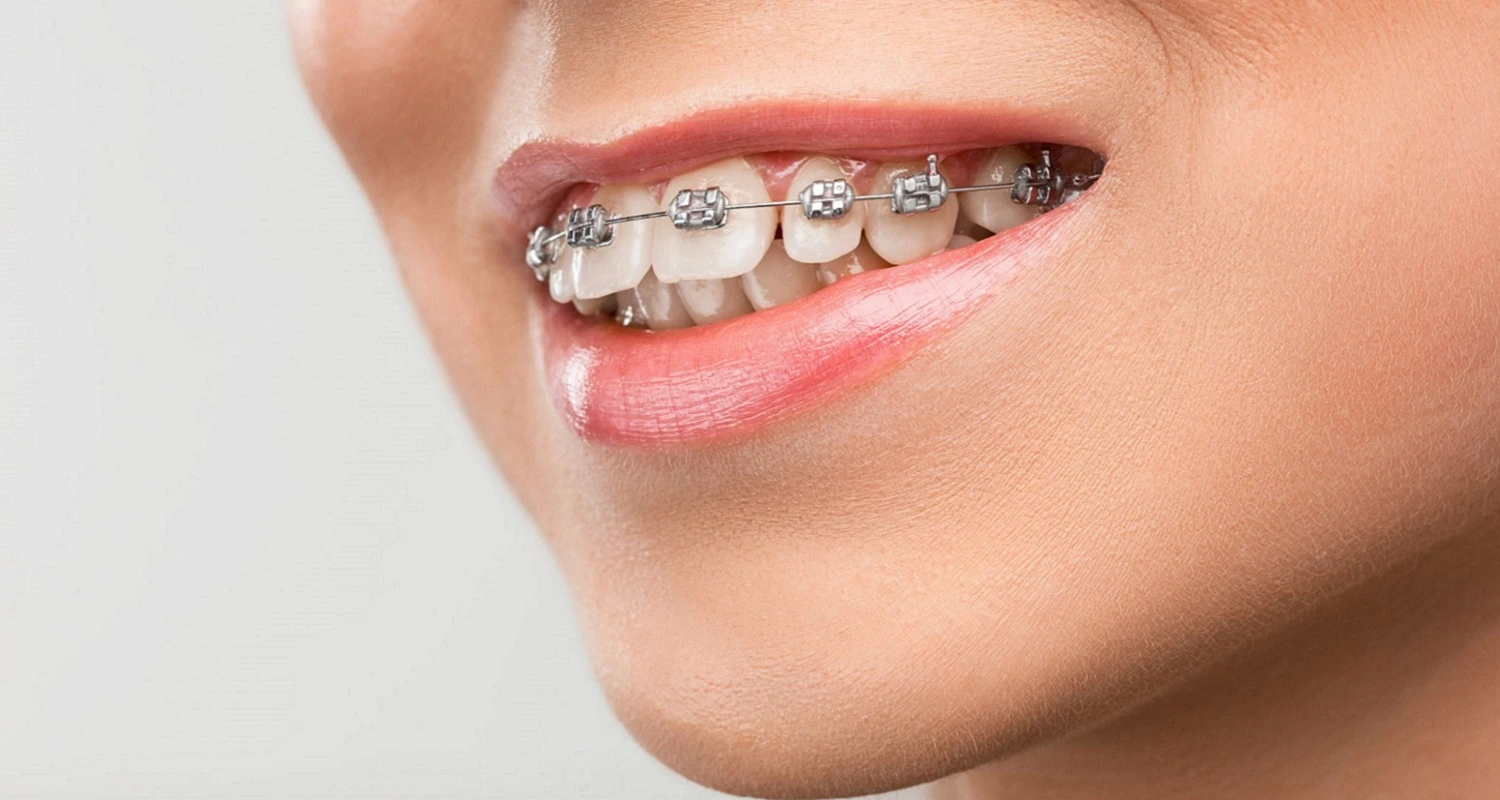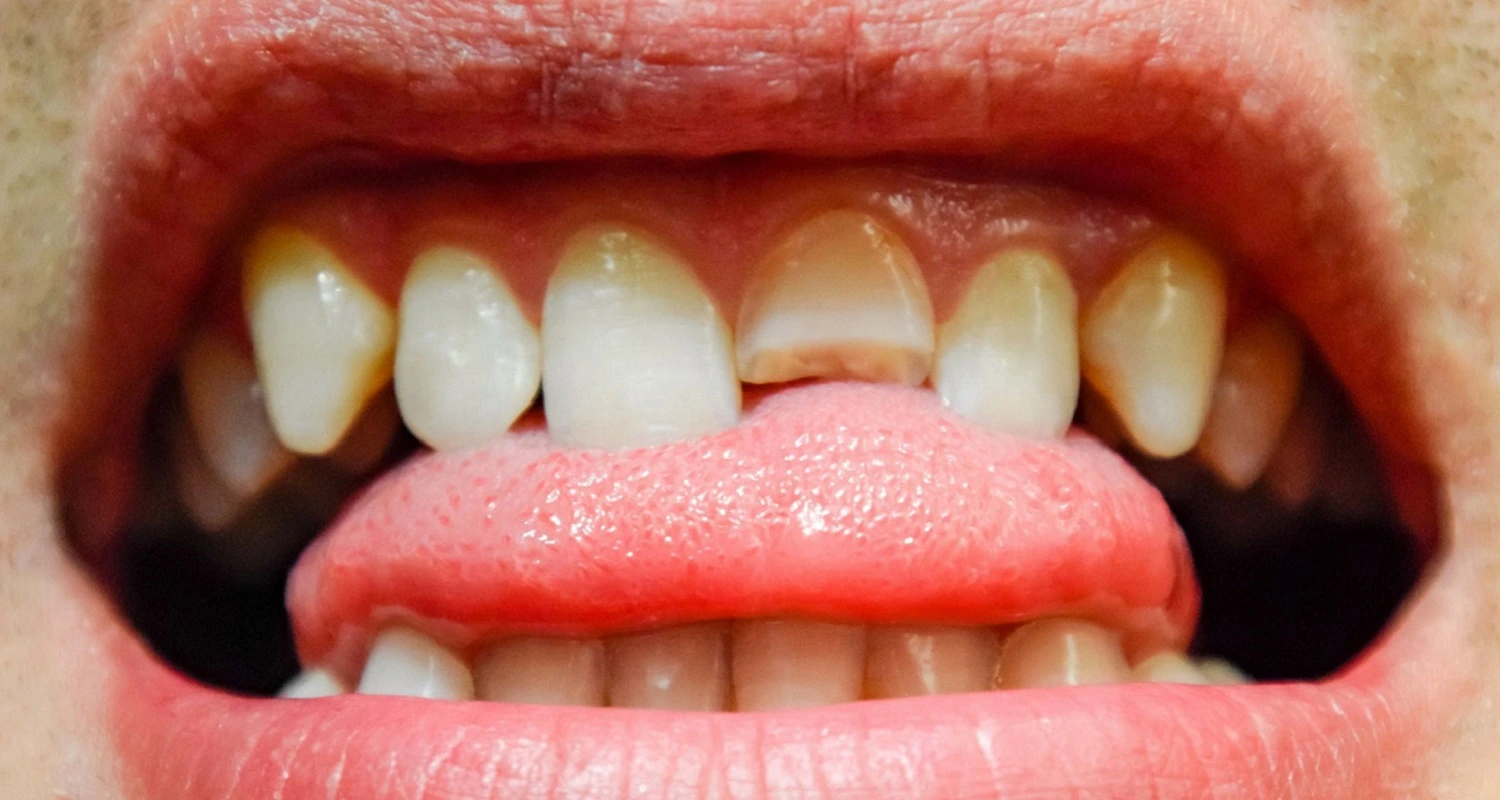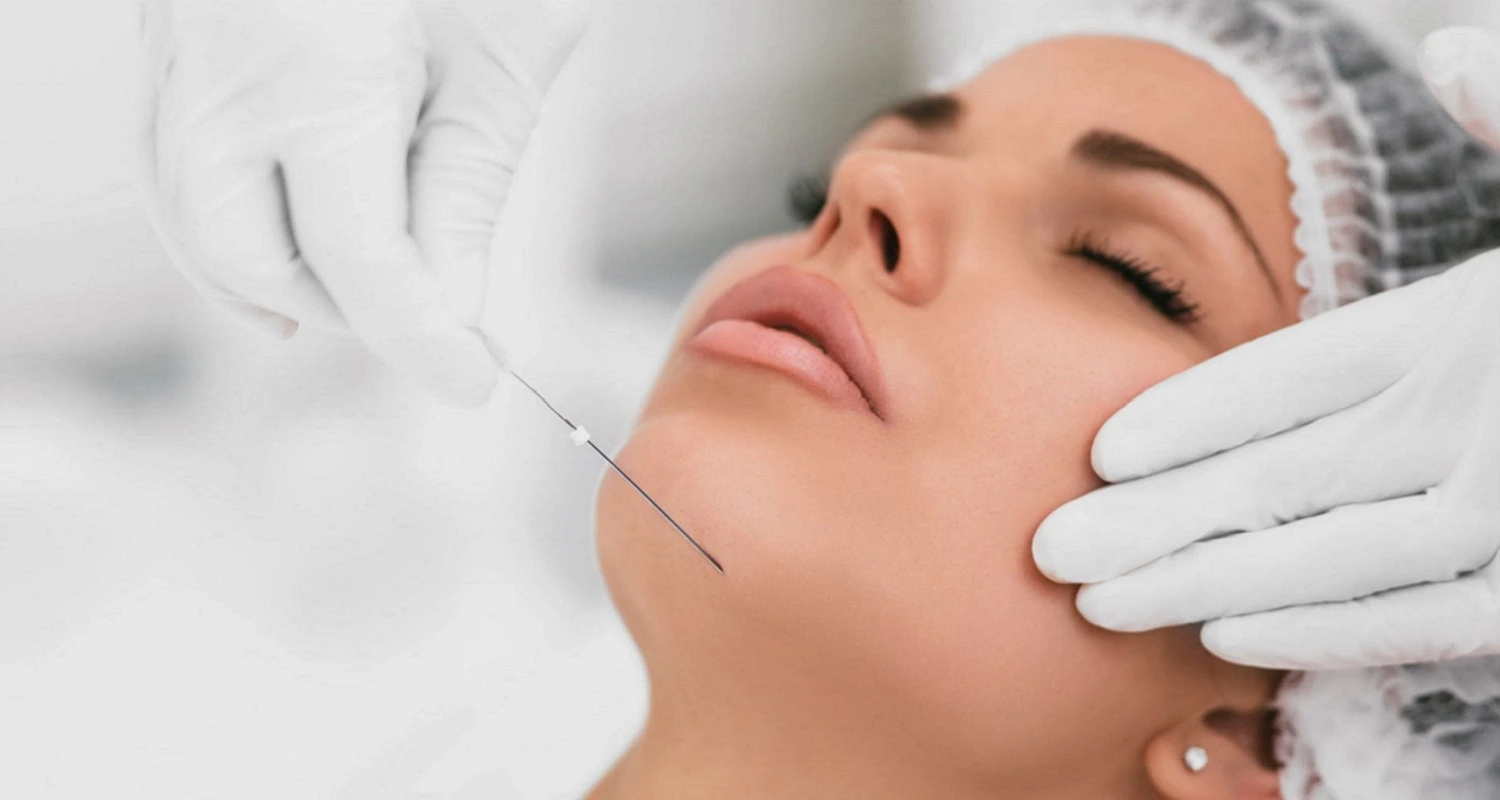Last Updated on: 19th September 2025, 12:49 pm
Mistakes in mewing might result in major injuries or diseases. So in this article, we will explore the possible side effects and treatments.
Additionally, we will examine the possible advantages and risks of this controversial technique.
Mewing, which is also known as tongue posture, has become a popular technique in recent years due to its supposed ability to enhance facial structure and alignment. The method involves placing the tongue on the roof of the mouth and maintaining this position for extended periods.
While many devoted practitioners believe in the benefits of mewing, there are also numerous warnings about the potential pitfalls of this practice. These errors can not only impede the desired results but also result in damage to the teeth and jaw.
What are the mistakes in mewing?
Having a perfect, square-shaped jawline with correct alignment about the nose and chin is the desire of some people. Men, especially young men, want to have the appearance of Clark Kent (Superman), while some young women seek the image of Luisa Laine, without necessarily working at the Daily Planet.
In response to this desire for a particular image, there is currently an abundance of information on social media about “mewing,” a technique that supposedly allows for modification of the jaw and face by making changes in the tongue’s posture in the mouth. It is also believed to help with managing sleep apnea and sinusitis, among other conditions.
The supposed benefits of mewing include improved aesthetics of the jawline and better alignment of the chin and nose. It is important to note, however, that despite the abundance of information about mewing on social media and other digital platforms, this technique has no scientific backing.
The technique originates from the work of orthodontists Jhon New and Michael Mew (his son), who promoted orthotropic orthodontics in the 1970s, which focuses on the position of the jaw and changes in tongue position. Early orthodontic treatment can improve the alignment of teeth and jaw, which may create a better environment for practicing mewing techniques.
The instructions for the technique are as follows:
• Close the lips
• Move the jaw so that the front lower teeth are behind the front upper teeth
• Cover the palate with the tongue
• Place the tip of the tongue behind the front teeth, without touching them
Experts note that it is unlikely that these exercises will lead to a permanent change in the jaw. Some dentists use similar techniques to treat sleep apnea and dental alignment, but these are part of a structured treatment plan.
Effects of mistakes in mewing
If the position of the lower jaw is modified, this can cause other problems such as:
1. Dental misalignment
2. Misalignment of the upper and lower jaws
3. Jaw dysfunction (TMJ pain)
4. Loose or chipped teeth
To date, there is no scientific evidence to support mewing as a safe alternative therapy for facial modeling.
Other treatments
If there is a malocclusion or misalignment of the jaw, the appropriate procedure, such as jaw and bite correction or corrective surgery, is recommended. This intervention helps realign the jaws. After surgery, exercises may be recommended to obtain better results
If the change in the jaw is motivated by aesthetic goals, cosmetic surgery offers two alternatives: facial contouring and facial sculpting.
Another option for facial modeling is radiofrequency. The waves produce an energy current that the doctor applies to the skin. This generates changes in the skin’s color, stimulating the production of collagen in the deeper layers of the skin, and repairing the tissue.
There is not yet sufficient evidence on the effectiveness and safety of radiofrequency use.
If a modification of the jaw is sought for oral health or aesthetic interests, it is recommended to consult rather than performing mistakes in mewing that have far more negative effects, your orthodontist will recommend the most appropriate treatment, according to the objective pursued.
Share:
References
1. Cherney kristeen (Julio 12 de 2019) Everything You Need to Know About the Mewing Craze / https://www.healthline.com/health/mewing
2. Frysh Paul (Abril 9 de 2021) What Is Mewing? / https://www.webmd.com/oral-health/what-is-mewing
3. Millhone Carlew (Febrero 7 de 2023) Should You Try Mewing? Here’s What the Research Says / https://www.health.com/mewing-7098082
4. Sissons Beth (Febrero 24 de 2020) Everything you need to know about mewing / https://www.medicalnewstoday.com/articles/best-protein-powder-to-build-muscle#summary
5. Burch Kelly (Septiempre 19 de 2022) Whta Is Mewing? / https://www.verywellhealth.com/what-is-mewing-5087751
-
Nayibe Cubillos M. [Author]
Pharmaceutical Chemestry |Pharmaceutical Process Management | Pharmaceutical Care | Pharmaceutical Services Audit | Pharmaceutical Services Process Consulting | Content Project Manager | SEO Knowledge | Content Writer | Leadership | Scrum Master
View all posts
A healthcare writer with a solid background in pharmaceutical chemistry and a thorough understanding of Colombian regulatory processes and comprehensive sector management, she has significant experience coordinating and leading multidisciplina...



















